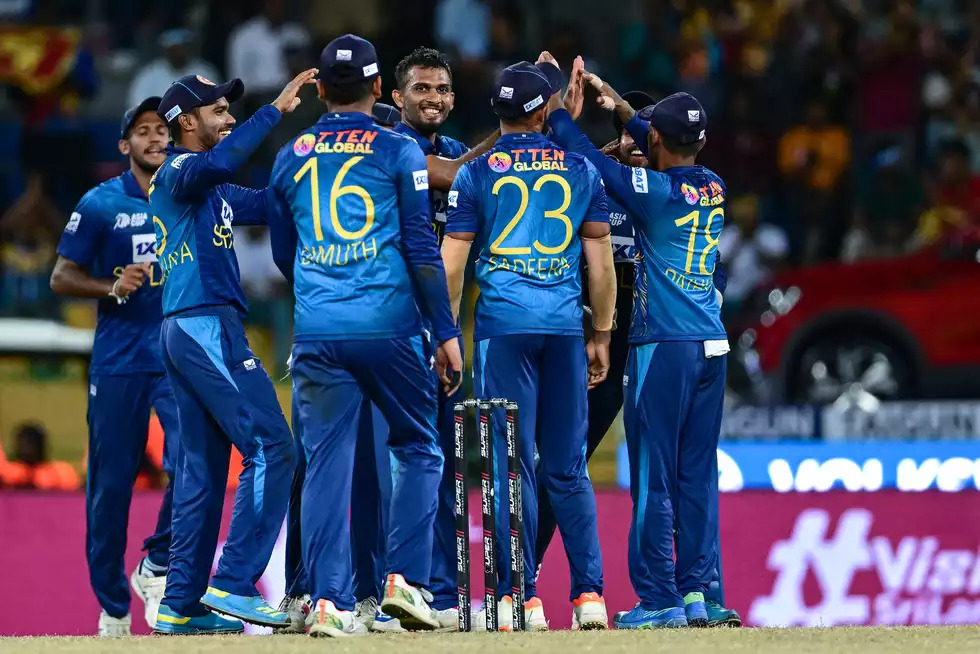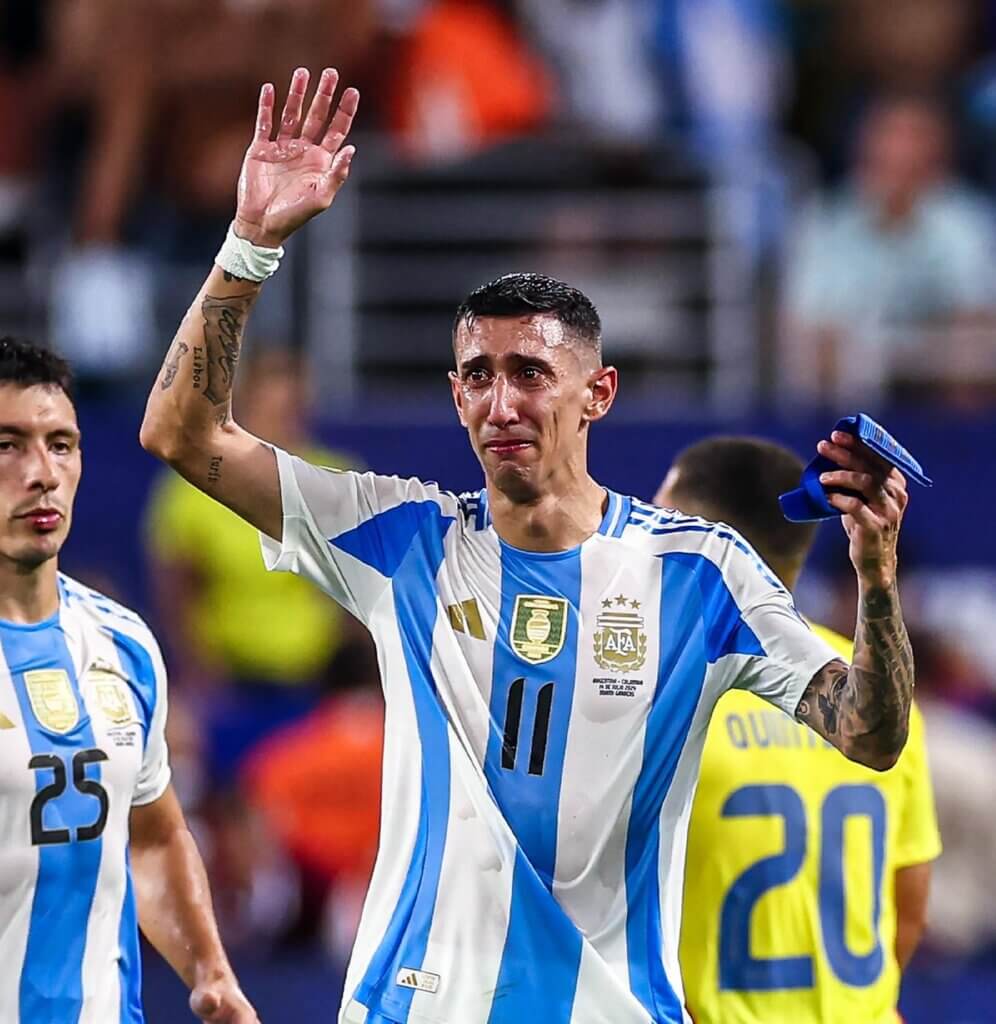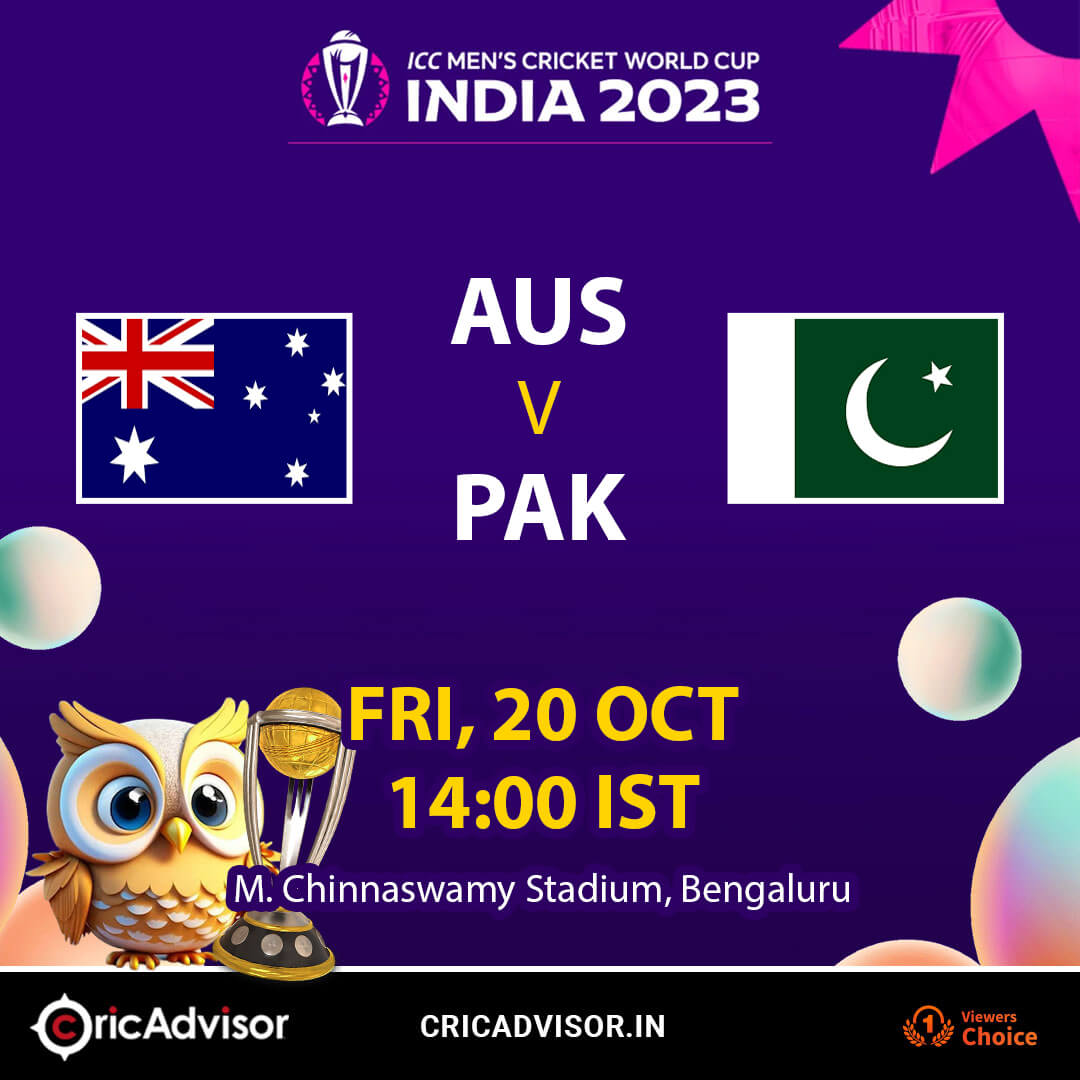
The November rain in Bangalore, which was expected and promised, did not interfere with the match at Chinnaswamy Stadium.
However, Sri Lanka fell.
Inadvertently evoking the spirit of Gulbadin Naib 2019, they also brought with them the hopes of their Asian counterparts, Afghanistan and Pakistan. “Hum to doobe hai sanam, tum ko bhi lekar doobenge” means “I’ll take you with me if I’m going down.”
Their challenge was not as overwhelming as it was against India in the Asia Cup final on Thursday. Not by a more uninspired batting effort on their part, but rather by an opposition bowling spell that was inspired under favorable circumstances. Early on, when Kusal Perera attacked the New Zealanders, there were moments of domination. Bat and ball fighting broke out in areas, but it was too late to undo most of the early damage. However, the momentum never really went their way on a pitch that was significantly slower and very different from the one used in the game played at the same location the night before.
The significance of this one match was so great that the outcome ultimately affected the performance of four teams competing in the tournament. As of right now, Pakistan and Afghanistan are virtually eliminated, while New Zealand is almost through to the semifinals. Four other teams will be playing over the next few days, and Sri Lanka’s hopes of qualifying for the 2025 Champions Trophy are in the balance.
Sri Lankan cricket has seen better times in the past, and it will see many more in the future. But that wasn’t the case on Thursday. If anything, it was a depressing way to end a forgettable tournament, very different from what the same team had done just a few months prior. Head coach Chris Silverwood is unable to comment on the team’s World Cup performance at this time. He was reluctant to even discuss the potential benefits that could arise from it.
After Sri Lanka lost their last league match of the tournament against New Zealand, Silverwood stated, “We have to let the emotions settle at the moment, we have to dissect this.” “It is imperative that we conduct a thorough debriefing to identify the strategies that have and have not succeeded, and to devise a plan of action for the upcoming cycle.
“They’re the positives that we need to take from this now, is how do we best prepare the boys and the generations that are coming through to actually compete in the next World Cup and make sure that come that World Cup, we are competing and we’re ready.”
Despite the absence of a few key players, they appeared to have covered most of their bases at the Asia Cup in home conditions. Their on-field performances were very disappointing, despite the fact that injuries, board upheaval, the captain abandoning the club in the middle of the game, and the Timed Out controversy probably had some influence on the team in India.
As seen by their performance in the Asia Cup, where they advanced to the final, Sri Lanka is a far cry from the side that qualified for the World Cup. Silverwood blamed ‘inconsistency’ for the lackluster performance.
“I think it would be fair to use that word.”
“We’ve played some fantastic cricket along the line,” he continued, “but to be honest, I think we’ll look back on some games and mourn squandered opportunities. Throughout this campaign, there have been a few games that could have turned out quite differently if we had seized the opportunities that were presented to us. However, the truth is that we have been inconsistent, and this is a problem we have long been addressing and need to keep addressing. Therefore, I believe we can use the word inconsistent.”
Their strength, the spin assault, was initially neutralized, and as a result, they finished the competition with the lowest returns of any team. Even though Wanindu Hasaranga’s injury would have been a factor, there wasn’t a threat from Maheesh Theekshana, Dushan Hemantha, and Dunith Wellalage, to say nothing of Charith Asalanka and Dhananjaya de Silva’s part-time choices.
Theekshana took just six wickets at an average of 63.66 during the World Cup, compared to his 31 wickets in 15 games in 2023 at an average of 17.45. In the Asia Cup, Dunith Wellalage—who had become the breakout young star—took just two wickets at an average of 98.
Although Sadeera Samarawickrama and Pathum Nissanka had a respectable tournament at bat, the team never really gelled as a unit. The position of the second opener was never confirmed, as their regular batsman Kusal Mendis collapsed despite getting off to a fifty and a century start. Even after joining the squad in the middle, Angelo Mathews was unable to improve its batting.
Regarding the batters’ collapse, Silverwood acknowledged that there is a long-term problem that needs to be resolved. “It’s happened a couple of times now, a few times,” he said. “And it’s something that we have to look at and find some answers for when we return from the debrief and analyze what has transpired in this tournament because, quite obviously, we need to start scoring runs on good wickets and exerting pressure on opposing teams.” And that’s not what we did.”
Up to ten catches were lost during the competition, indicating that fielding was still a big issue. Although seven of those, in the opinion of fielding coach Anton Roux, were opportunities that were lost, it is unlikely that more prosperous clubs could have afforded to pass up such chances.
Silverwood stated, “It’s frustrating because certain catches that we’ve put down during this tournament have cost us heavily,” without criticizing his team’s fielding effort. Once more, it’s something we work on all the time. Our fielding coach is always improving it and making a clear effort to raise the bar. However, it’s evident that more work needs to be done. We are putting ourselves in a situation where we will likely catch more fish. We’ve been bolder and more willing to take chances, but it’s obvious that if we want to start winning games, we need to start holding onto these.”
It has collapsed in every way. For extended stretches of the match, Sri Lanka performed second best overall in every facet of the competition. They would expect that the only path ahead after the World Cup is to go up, for the dark clouds to make way for the sun. Right now, they are wallowing second last on the points table, a reflection more of their performance at the World Cup than of the available skill. Similar to how it happened abruptly and symbolically at Chinnaswamy on Thursday.










